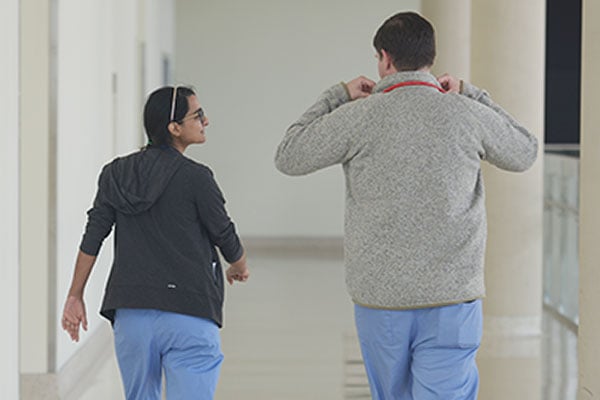Surviving First Year as Academic Attending

Surviving First Year as Academic Attending
April 15, 2019
In this episode, Dr. Miguel Reyes speaks with Dr. Edgar Ordonez about what it’s like to be an academic attending and what it felt like the first year out.
Host
Miguel A. Reyes, MD
Hackensack University Medical Center
PGY3
@miguel_reyesMD
EMRA*Cast Episodes
EM Resident Articles
Guests
Edgardo Ordonez, MD, MPH, FAAEM, FACEP, FACP
Assistant Professor - Emergency Medicine, Baylor COM
Hospital Affiliation: Baylor College of Medicine, Ben Taub Hospital
Residency: Christiana Care
Medical School: UMDNJ-New Jersey Medical School
Overview:
Overview: This episode we talk to Dr. Ordonez about what it’s like to be an academic attending and what it felt like the first year out. Why go into academics, how to best go about obtaining an academic position and other survival tips are all discussed in this podcast!
Key Points
- Find a niche and go with it, that can be your key to success.
- Find a mentor and ask for advice, be honest with them and yourself.
- Stay humble, you won’t always know the answer.
- Transcutaneous before transvenous pacing!





